



 Tech & IT
Tech & IT
 Business
Business
 Coding & Developer
Coding & Developer
 Finance & Accounting
Finance & Accounting
 Academics
Academics
 Office Applications
Office Applications
 Art & Design
Art & Design
 Marketing
Marketing
 Health & Wellness
Health & Wellness
 Sounds & Music
Sounds & Music
 Lifestyle
Lifestyle
 Photography
Photography
More Learnfly
Business Solution Become an InstructorBusiness analysis is used to identify and articulate the need for change in how organizations work, and to facilitate that change. As business analysts, we identify and define the solutions that will maximize the value delivered by an organization to its stakeholders.

By : Ross Maynard
A practical guide on how to use KPIs and metrics to understand & manage a business - ...
4.8 18493
1:31:36 hrs 17 lectures All Level

By : Gulab Chand Tejwani
Become a Master of Core Stats For A Data Science Career. ...
4.6 35494
1:4:34 hrs 13 lectures Intermedite Level












Learn more topics in various categories at one place. Explore unlimited courses in other categories and up-skill yourself today.

 Jazeb Akram
Jazeb Akram 4.2 771169 Beginner Level

 John Hedengren
John Hedengren 4.1 569078 All Level

 Ranjan Pandey
Ranjan Pandey 4.1 346746 All Level

 Muhammad Ahsan Pervaiz
Muhammad Ahsan Pervaiz 4.2 101353 All Level

 Pieter Vliegenthart
Pieter Vliegenthart 4.6 100931 All Level

 Jerome P.
Jerome P. 4.8 100902 All Level

 Senol Atac
Senol Atac 4.9 100125 All Level

 Vikas Munjal
Vikas Munjal 4.8 100079 Beginner Level

 Avinash A
Avinash A 4.8 100042 All Level
.png)
 Gopaluni Sai Karthik
Gopaluni Sai Karthik39 Lectures Intermedite
 (1).jpg)
 Dr. Gleb Tsipursky
Dr. Gleb Tsipursky 9 Lectures Intermedite

 TechLatest .Net
TechLatest .Net11 Lectures Intermedite

 AWESOME EMMANUEL
AWESOME EMMANUEL21 Lectures Intermedite
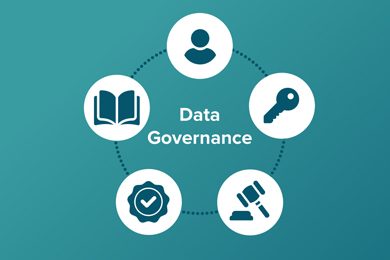
 Daniel Pham
Daniel Pham47 Lectures Intermedite

 Divine Teyi
Divine Teyi34 Lectures Intermedite

 Daniel Pham
Daniel Pham36 Lectures Intermedite

 Amjid Ali
Amjid Ali50 Lectures Intermedite
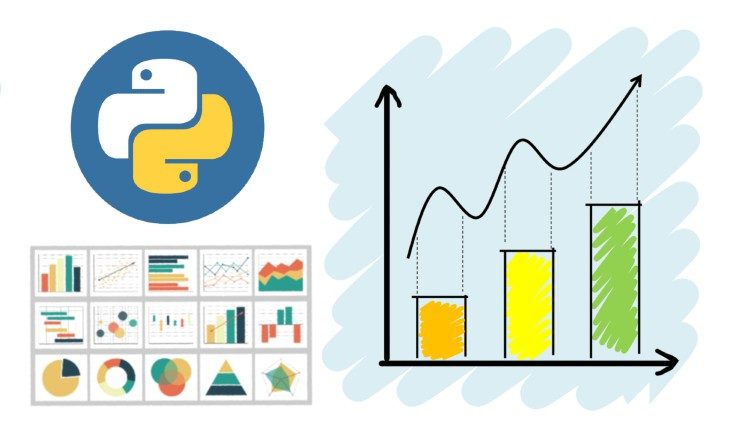
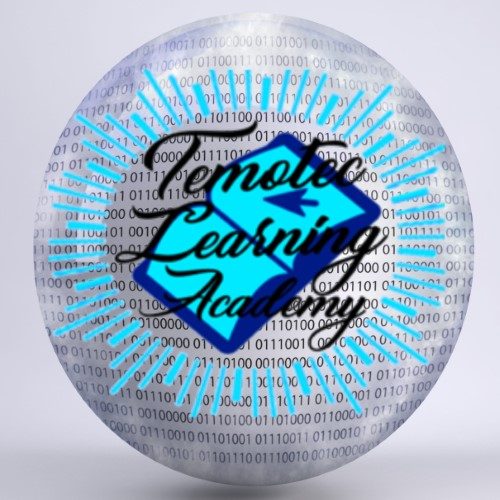 Temotec Learning Academy
Temotec Learning Academy58 Lectures Intermedite
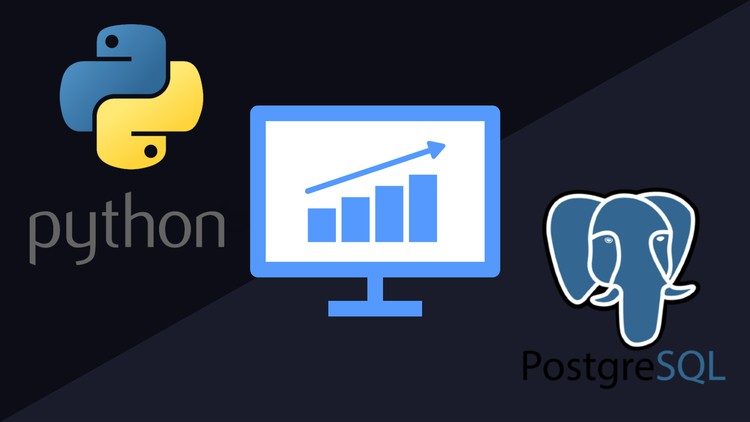
 Temotec Learning Academy
Temotec Learning Academy90 Lectures Intermedite
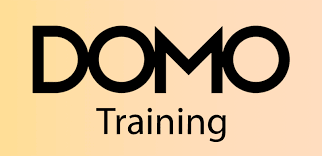
 Sonu Kumar
Sonu Kumar93 Lectures Intermedite

 Moslem Afrashtehmehr
Moslem Afrashtehmehr23 Lectures Intermedite

 oluwaseun ogunmolu
oluwaseun ogunmolu 31 Lectures Intermedite
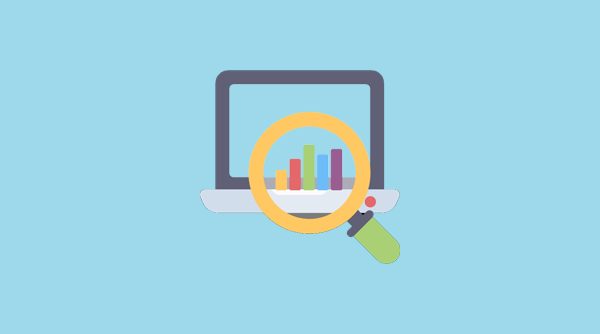
 Atul Kadlag
Atul Kadlag11 Lectures Intermedite

 DataRiel Academy
DataRiel Academy98 Lectures Intermedite

 Balachandran S (Prof BALA)
Balachandran S (Prof BALA)52 Lectures Intermedite
.jpg)
 Theodore Petrou
Theodore Petrou152 Lectures Intermedite

 Rahul Ghai
Rahul Ghai26 Lectures Intermedite

 Rahul Ghai
Rahul Ghai12 Lectures Intermedite

 Satyajit Pattnaik
Satyajit Pattnaik32 Lectures Intermedite
.jpg)
 Rahul Ghai
Rahul Ghai39 Lectures Intermedite

 Arthur Fong
Arthur Fong10 Lectures Intermedite

 Nikolai Schuler
Nikolai Schuler 88 Lectures Intermedite
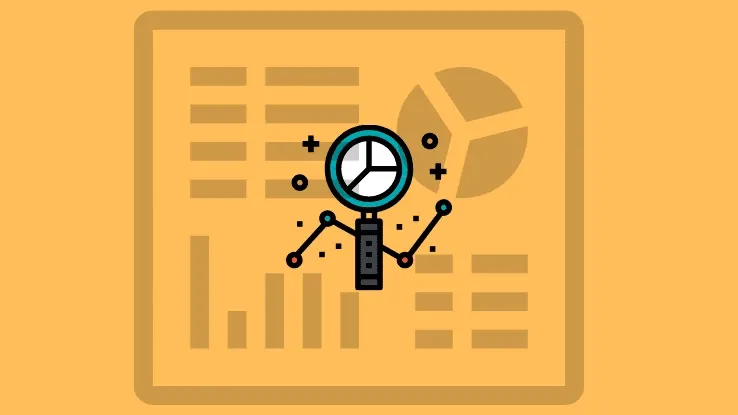
 Bhaumik Shah
Bhaumik Shah 14 Lectures Intermedite
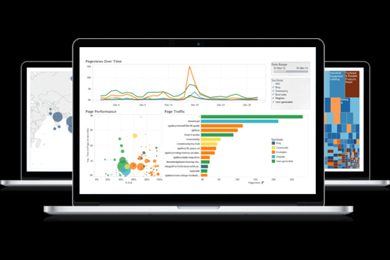
 PARTHA MAJUMDAR
PARTHA MAJUMDAR21 Lectures Intermedite

 Saheb Singh chaddha
Saheb Singh chaddha14 Lectures Intermedite

 Ross Maynard
Ross Maynard17 Lectures Intermedite

 Joshua Brindley
Joshua Brindley30 Lectures Intermedite

 Abhilash Nelson
Abhilash Nelson34 Lectures Intermedite

 Abhilash Nelson
Abhilash Nelson40 Lectures Intermedite

 Datahill Solutions
Datahill Solutions11 Lectures Intermedite

 Datahill Solutions
Datahill Solutions21 Lectures Intermedite
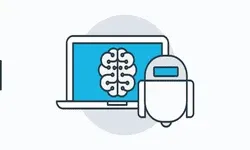
 Abhilash Nelson
Abhilash Nelson105 Lectures Intermedite

 Sivin Duong
Sivin Duong12 Lectures Intermedite

 Lorenz De Smedt
Lorenz De Smedt20 Lectures Intermedite

 Gulab Chand Tejwani
Gulab Chand Tejwani13 Lectures Intermedite

 Siddharth Pawar
Siddharth Pawar26 Lectures Intermedite
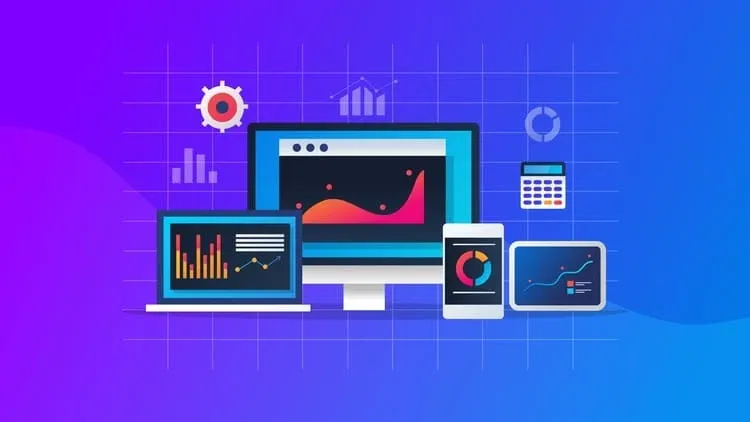
 Siddharth Pawar
Siddharth Pawar29 Lectures Intermedite
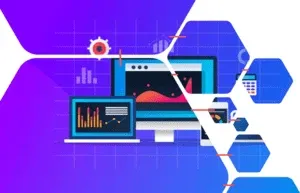
 Siddharth Pawar
Siddharth Pawar21 Lectures Intermedite
Business analysis is a discipline that involves identifying business needs, analyzing processes, and recommending solutions to help organizations achieve their goals. Business analysts facilitate communication between stakeholders, elicit and document requirements, and play a key role in ensuring that projects align with business objectives.
Business analysts are responsible for understanding the business environment, defining business problems, identifying opportunities for improvement, and recommending effective solutions. They gather and document requirements, analyze data, create process models, and contribute to the successful implementation of projects.
Business analysts use various tools and techniques, including SWOT analysis, data modeling, use case diagrams, process flowcharts, and prototyping. They also employ interviewing, surveys, workshops, and observation to gather information and ensure a comprehensive understanding of business needs.
Business analysis planning involves defining the scope of work, identifying stakeholders, and determining the appropriate methodologies and techniques to be used. Monitoring encompasses tracking progress, managing changes, and ensuring that the business analysis activities align with project objectives.
Certifications such as the Certified Business Analysis Professional (CBAP) from the International Institute of Business Analysis (IIBA) and the PMI Professional in Business Analysis (PMI-PBA) from the Project Management Institute (PMI) validate the skills and expertise of business analysts. Pursuing certifications demonstrates a commitment to professional development and adherence to industry standards.





